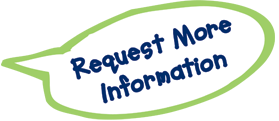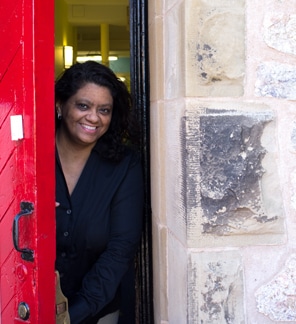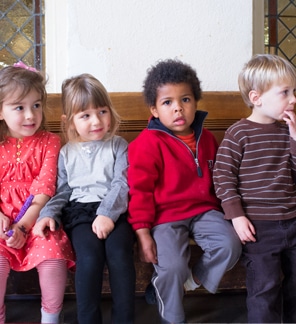We are proud to report that last week’s workshop “Encouraging Bilingualism: How children learn language” was a great success! It is always inspiring to meet other people who are passionate about raising bilingual children!
We find that we are asked one question over and over again: “What is the best way to ensure that my children will be bilingual?” It is a tough question and there is lots of confusing, and sometimes conflicting information out there. Some sources say only native speakers should teach children a second language. Others say the more exposure the better, regardless of who is speaking. Still others say that the “one-language, one-parent” method is the best way to limit confusion. So how is a family to know what is the best way to encourage bilingualism at home?
At Pine Village, we fully believe there is never “one right way” to do anything. The “best way” to help your child or children become bilingual will vary based on your own goals, needs, experiences, and personal preferences. Whatever makes you and your family most comfortable and happy will work best for you. No two homes are identical. When you are deciding what strategies are right for you, consider the following…
- What are my goals for my child(ren)’s language learning?
- Which language or combination of languages is most comfortable for me and the other adults in my home?
- What schedules and routines can I set up around language learning?
- Can we speak only Arabic at meal-time, only English in the car, only Mandarin at bedtime, only Spanish on Saturdays, etc.?
- What resources can I draw on from friends, extended family, and the greater community?
- Do family members speak another language?
- Can I find a bilingual nanny or babysitter?
- What languages are spoken at local restaurants, grocery stores, or other gathering places
- Do I have friends or neighbors interested in bilingual play dates?
Again, you know your family better than anyone else. Don’t let anyone (even us) deter you from implementing language strategies you know work in your home. The most important thing to remember is that your children learn best when they (and their adult caregivers) are relaxed and having fun.




